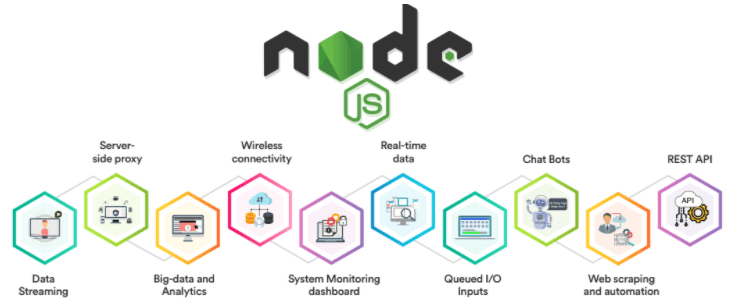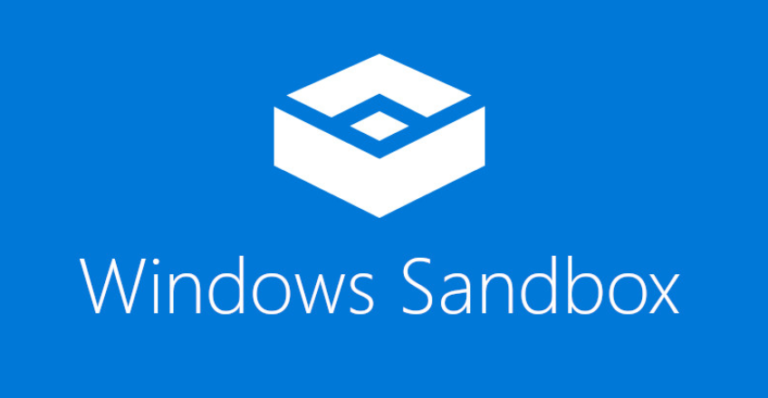Node.js: The Backbone of IT Infrastructure
In today’s digital age, businesses need to be agile, efficient, and scalable to stay competitive. At BHPSC, we have adopted Node.js as our primary technology to achieve these goals. Node.js is an open-source, cross-platform JavaScript runtime environment that enables server-side scripting and building scalable network applications. Node.js offers several benefits, making it the ideal technology for various areas of our IT infrastructure.

Let’s explore the different areas where BHPSC uses Node.js Download Node.js and start building your creation today.
Backend Development
At BHPSC, we use Node.js for backend development. Node.js’s non-blocking I/O model makes it an excellent choice for building fast and scalable backend services. Node.js’s event-driven architecture also makes it easier to write asynchronous code, which is crucial for building responsive and scalable services.
Microservices
We use microservices architecture to build highly scalable and loosely coupled systems. Node.js, with its lightweight and modular design, is ideal for building microservices. Node.js’s small footprint and fast startup time make it the perfect choice for building containerized applications that can be quickly deployed and scaled.
Real-time Applications
Node.js’s event-driven architecture and non-blocking I/O make it an excellent choice for building real-time applications. At BHPSC, we use Node.js to build real-time chat applications, online games, and collaborative editing tools.
Custom Creation
At BHPSC, we use Node.js to develop custom solutions for our clients. Node.js’s flexibility and ease of use make it an excellent choice for building custom applications tailored to the specific needs of our clients. Node.js’s modular design also makes it easier to add new features and functionalities to existing applications.
Example of Node.js Code
javascriptCopy codeconst http = require('http');
const hostname = '127.0.0.1';
const port = 3000;
const server = http.createServer((req, res) => {
res.statusCode = 200;
res.setHeader('Content-Type', 'text/plain');
res.end('Hello, World!\n');
});
server.listen(port, hostname, () => {
console.log(`Server running at http://${hostname}:${port}/`);
});
In this example, we create a simple HTTP server using the http module. The server listens on port 3000 and responds to every request with a Hello, World! message.
Node.js has become an integral part of IT infrastructure. We use Node.js to build fast, scalable, and reliable applications for our clients. With flexibility, modular design, and ease of use make it the ideal technology for building custom solutions tailored to the specific needs of our clients.




